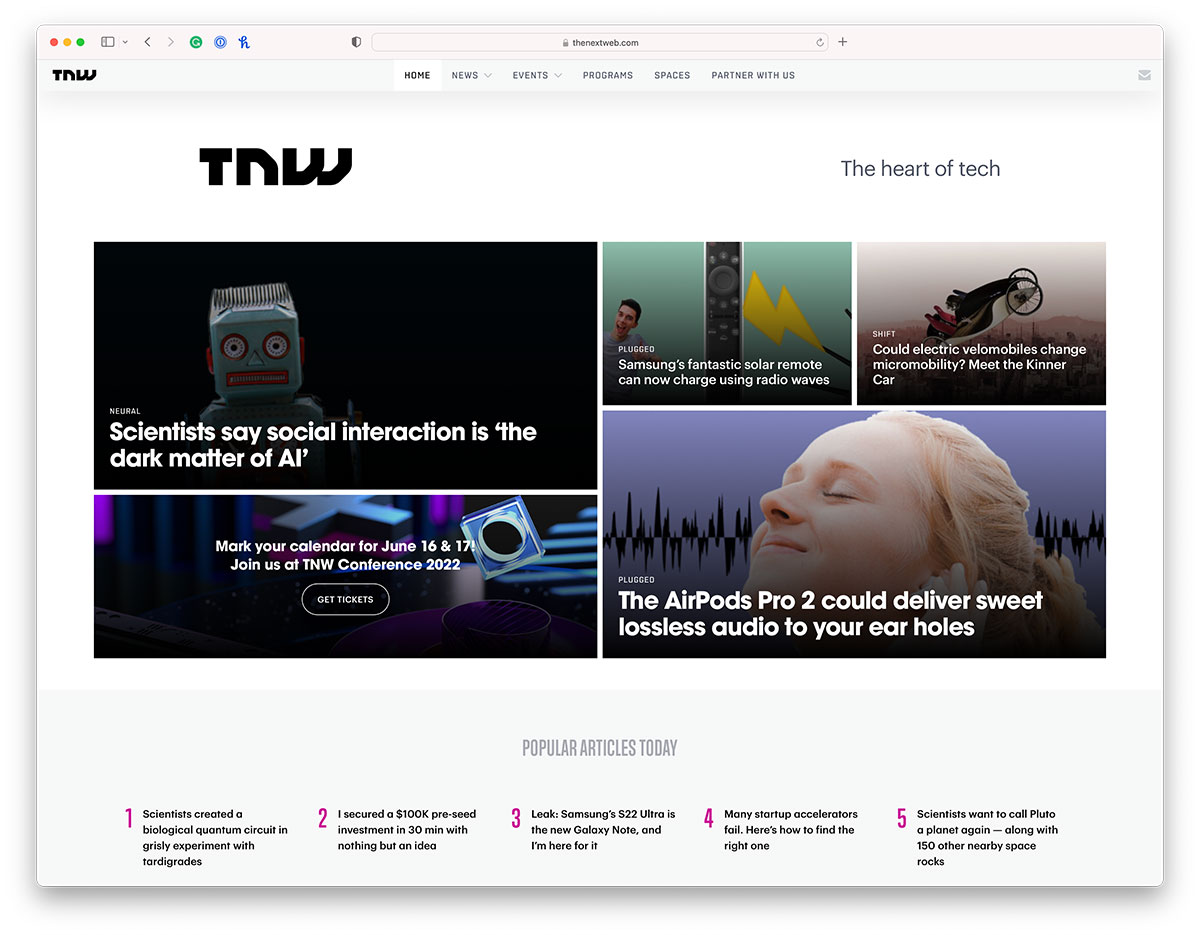The 6-Second Trick For News Websites
The 6-Second Trick For News Websites
Blog Article
The Main Principles Of News Websites
Table of ContentsNews Websites Fundamentals ExplainedThe smart Trick of News Websites That Nobody is Talking AboutThe smart Trick of News Websites That Nobody is DiscussingNews Websites Things To Know Before You BuyThe 5-Second Trick For News Websites
It was down in the UK and Brazil however up some various other nations, such as Greece, Bulgaria, and Poland (News Websites). This year, for the very first time, we asked about the various manner ins which people avoid the information and located that around half of avoiders (53%) were trying to do so in a broad-brush or periodic means for instance, by turning off the radio when the news began, or by scrolling past the information in social networksYou claimed that you try to proactively prevent news.

I'm most likely selecting to read even more light-hearted tales than I utilized to at the minute. M, 51, UK Switching my back on information is the only way I feel I can cope occasionally. I need to knowingly make the effort to avert for the sake of my own mental health and wellness.
The smart Trick of News Websites That Nobody is Discussing
Discerning avoidance of Ukraine information was highest possible in a number of the countries closest to the dispute, strengthening findings from our added survey in 2015, not long after the war had actually begun. Our data may not recommend an absence of interest in Ukraine from close-by nations but instead a desire to manage time or shield psychological wellness from the really actual horrors of battle.
Comparing Finland with a politically polarised nation such as the United States (see next chart) that is much less influenced by the war, we locate a very various pattern of subject avoidance. In the United States, we discover that customers are extra most likely to avoid subjects such as nationwide politics and social justice, where discussions over issues such as sex, sexuality, and race have become very politicised.
American national politics are quite toxic these days. I discover in some cases that I need to separate from stories that simply make me angry. F, 61, USA For some people, bitter and dissentious political disputes are a reason to shut off information entirely, however, for some political upholders, evasion is often about blocking out viewpoints you do not intend to listen to.

The Best Guide To News Websites
Some are aiming to make information much more obtainable for hard-to-reach teams, widening the information schedule, commissioning more motivating or favorable news, or welcoming useful or solutions journalism that give individuals a feeling of hope or personal agency. In our survey this year, we asked participants concerning their interest in these different methods.
This clarifies why stories like Ukraine or nationwide politics perform well with news regulars yet can at the same time turn less interested customers away (News Websites). Selective avoiders are less curious about all sorts of information than non-avoiders however in family member terms they do appear to be extra interested in favorable or solutions-based information

Rumored Buzz on News Websites
2023). This might be real in the moment, yet with time it appears to be leaving lots of this post people vacant and less completely satisfied, which may be weakening our connection with and count on the news. Throughout markets, total rely on information (40%) and count on the sources individuals utilize themselves (46%) are down by a better 2 percentage points this year.
With the rear-view mirror, the COVID-19 trust bump is clearly noticeable in the complying with graph, though the instructions of travel after that has been blended. In many cases (e.g. Finland), the trust rise has actually been preserved, while in others the upturn looks even more like a spot in a story of ongoing long-term decline.
A few of the highest possible reported degrees of media criticism are discovered in countries with highest degrees of distrust, such as Greece, the Philippines, the USA, France, and the UK. The most affordable levels of media objection are often in those with greater levels of count on, such as Finland, Norway, Denmark, and Japan.
Our News Websites Statements
This year we asked participants concerning their preferences for text, audio and video clip when taking in news online. Usually, we find that the bulk still choose to review the information (57%), as opposed to watch (30%) or listen to it (13%), but younger people (under-35s) are most likely to listen (17%) than older teams.
Behind the averages we discover significant and shocking country differences. In markets with a solid reading practice, such as Finland and the United Kingdom, around eight in 10 still favor to read on-line news, however in India and Thailand, around 4 in ten (40%) next state they favor to see information online, and in the Philippines that proportion is over fifty percent (52%).
Report this page